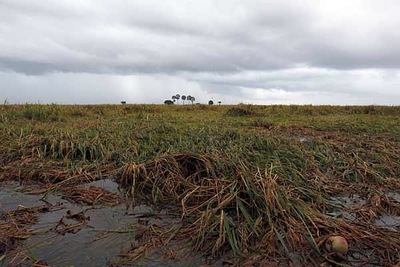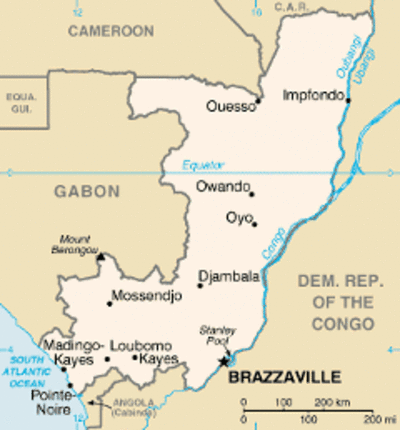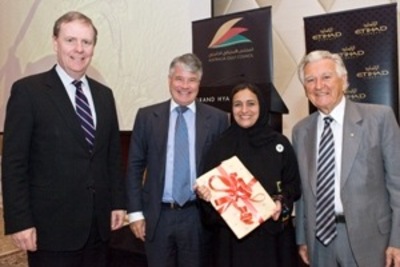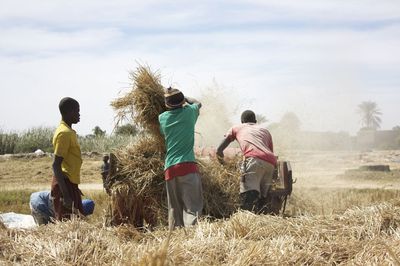Rising world food prices may soon hit Africa hard, but could be a future boon
- CSMonitor
- 16 February 2011
Africa is bracing for short-term trouble, but sustained high prices could spark agribusiness investment across the continent.

Africa is bracing for short-term trouble, but sustained high prices could spark agribusiness investment across the continent.

Following the suggestion of French NGOs, La Via Campesina and ROPPA, with the support of FIAN, Friends of the Earth International, CCFD – Terre Solidaire and Peuples Solidaires, took leadership to facilitate an assembly of convergence of all groups interested in launching a strong appeal against land grabbing in Dakar.

A top official at UN agencies seeks to allay apprehensions among people of African countries that propose to lease farmland to investors from countries like India.

A group of South African farmers is getting ready to go up to the Republic of the Congo and start with commercial agriculture in the central African state.

Land is now one of the hottest commodities in the world market. Time to stand up for small farmers dismissed as 'inefficient'

The suffering of farmers in Ethiopia is going from worse to the worst as a result of inequitable land acquisitions, better called “neo-colonial land grabbing”, by foreign investors.

The UAE will look to invest in farmland in Turkey as rising prices raise the urgency of food security, says Sultan al Mansouri, the Minister of Economy.

Land grabbing in Mozambique by transnational corporations, that hire rural workers who are not able to access lands to produce, is one of the issues that concern peasants of that country the most.

Former Prime Minister, Bob Hawke, is leading a push to get Arabs to invest in Australian farmland as part of a long term food security strategy for oil-rich Gulf States

An opposition party in Mali wrote to the country's president demanding that details of contracts leasing out massive areas of agricultural land be made public.

Archer Daniels Midland Co. announces a 5-year plan to invest in nearly 30,000 acres of palm trees in Brazil

Libya expects wheat imports to dip slightly on the back of an expected 50% rise in its wheat harvest this year, and is eyeing new investments in foreign farmland to ensure supplies, a government official said.